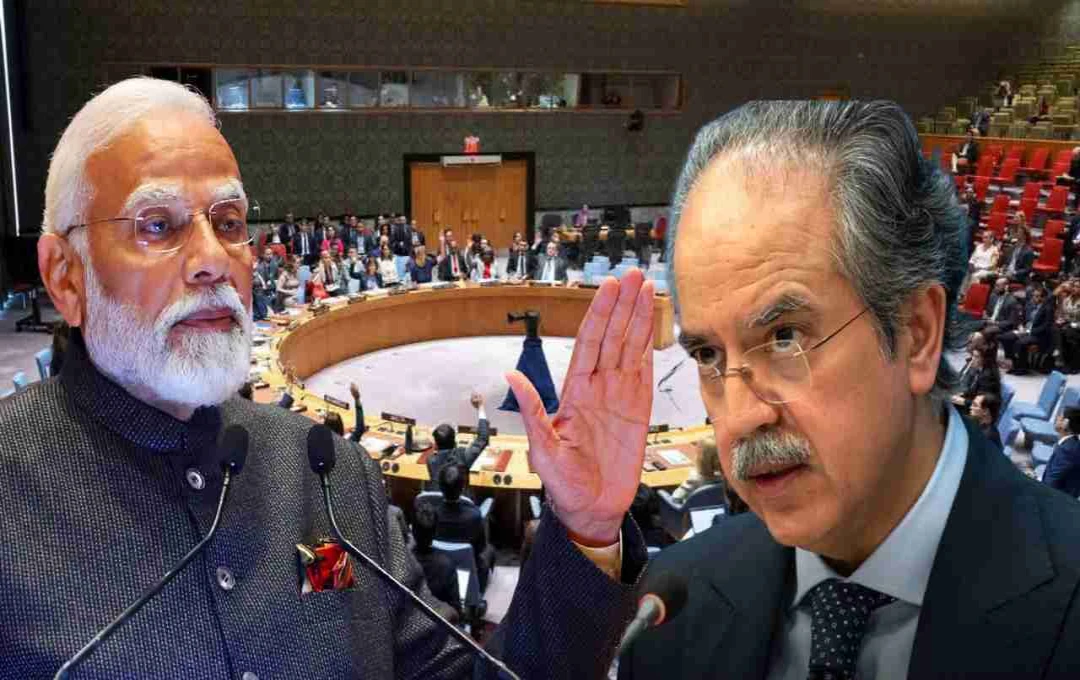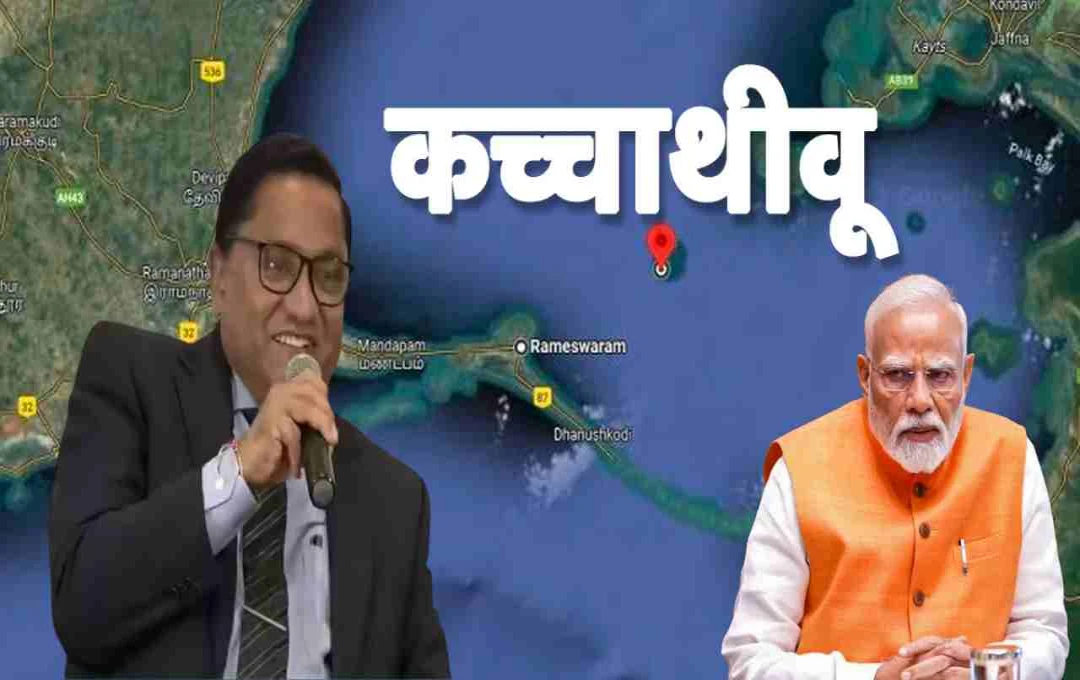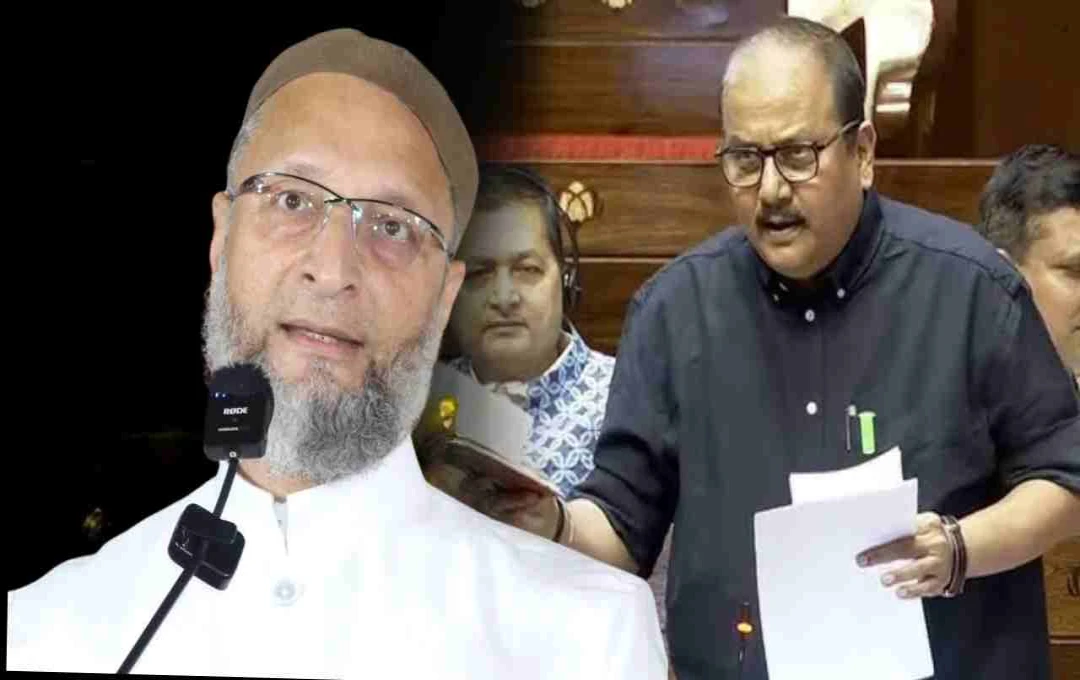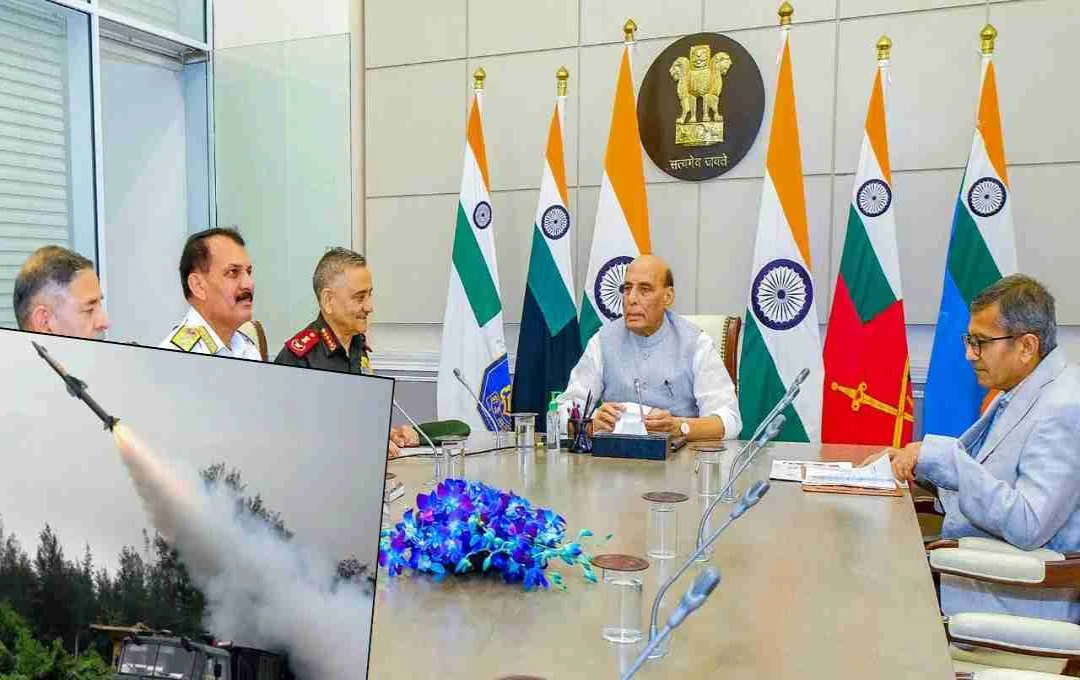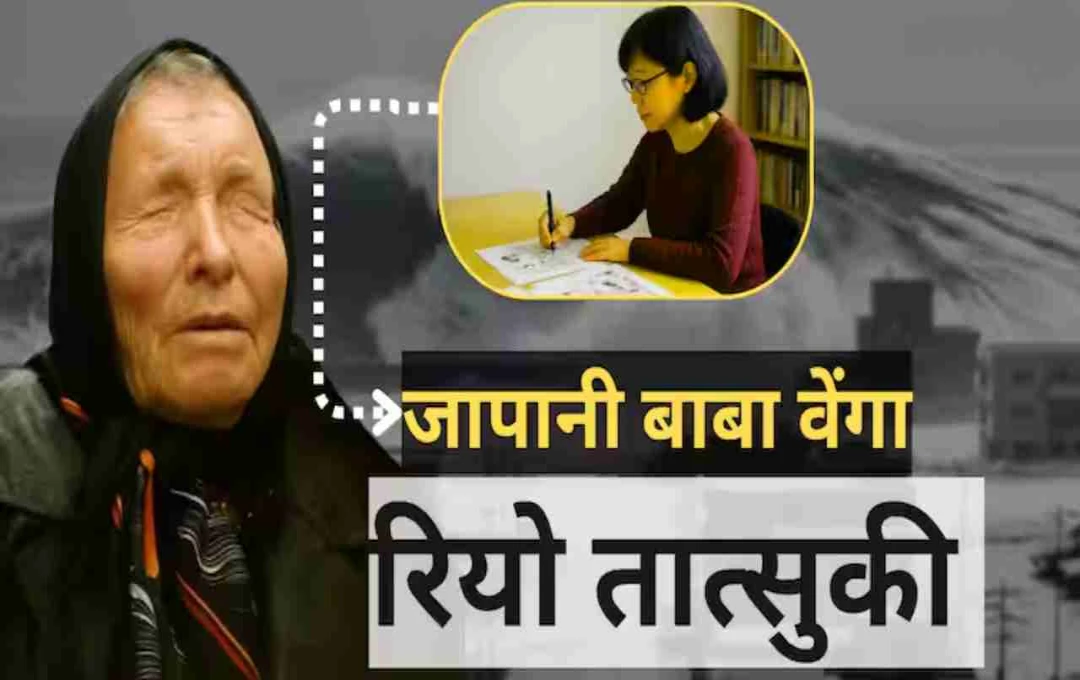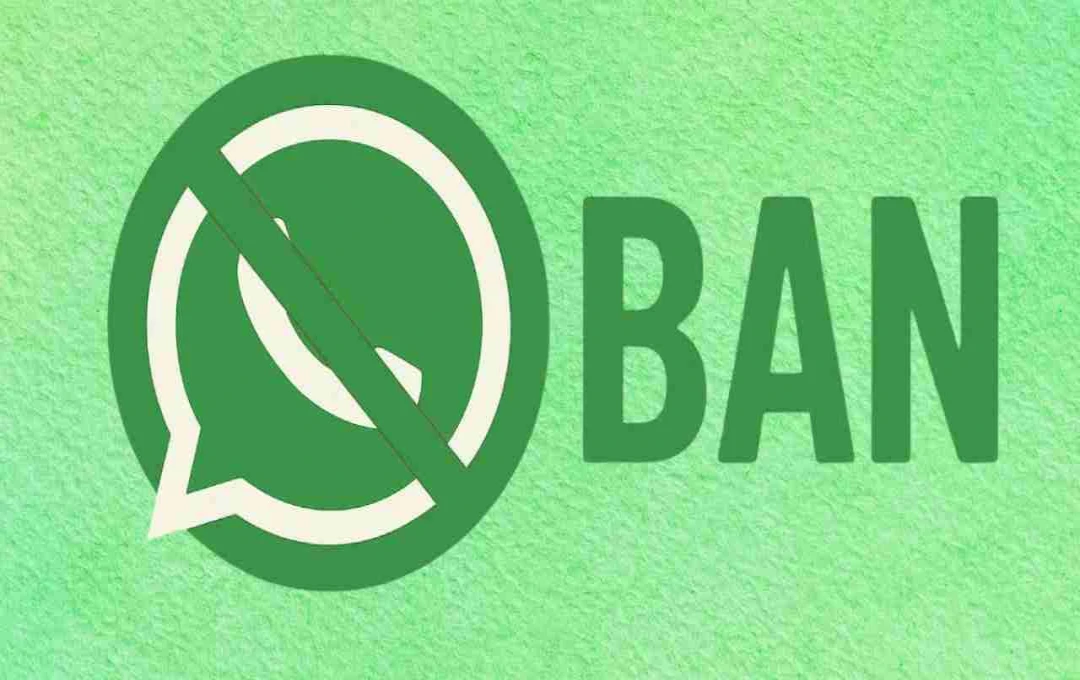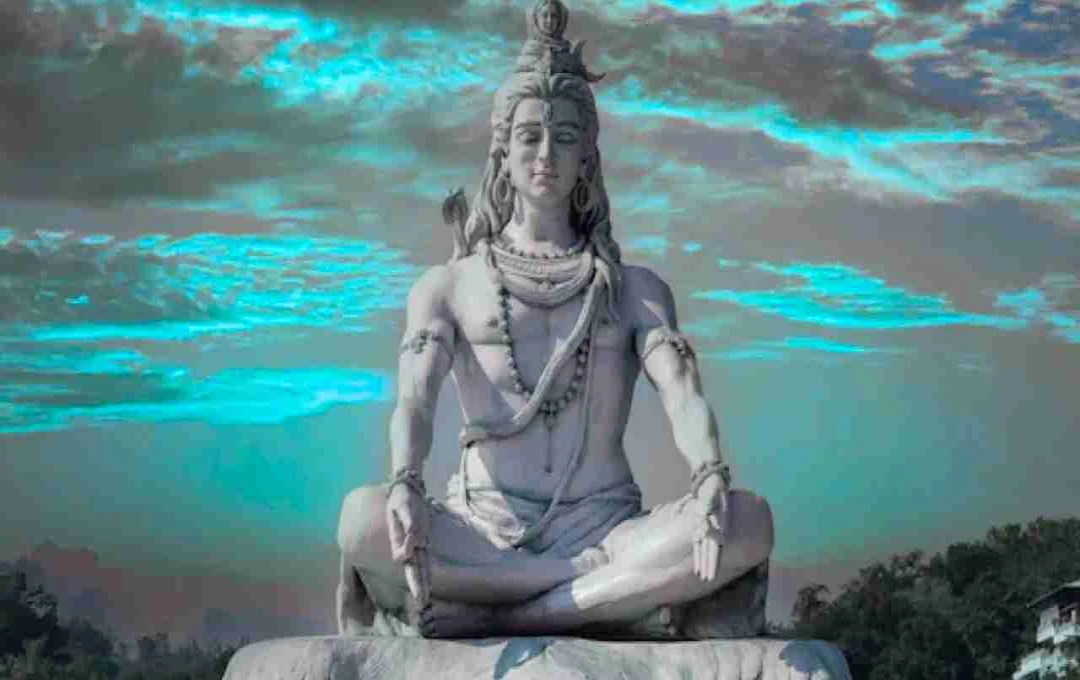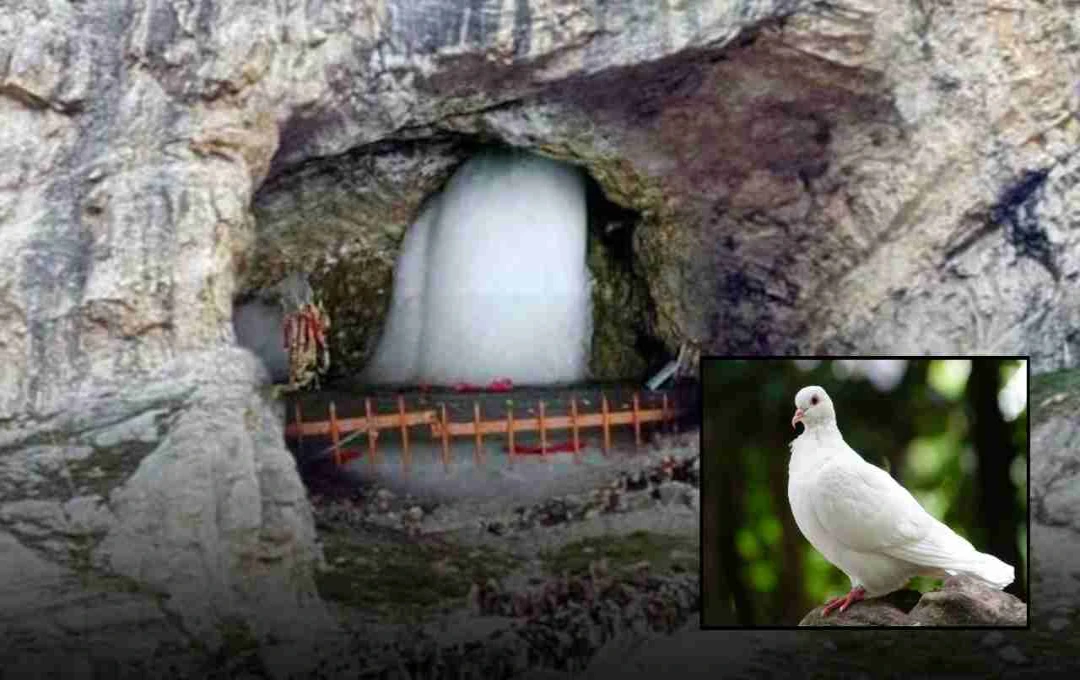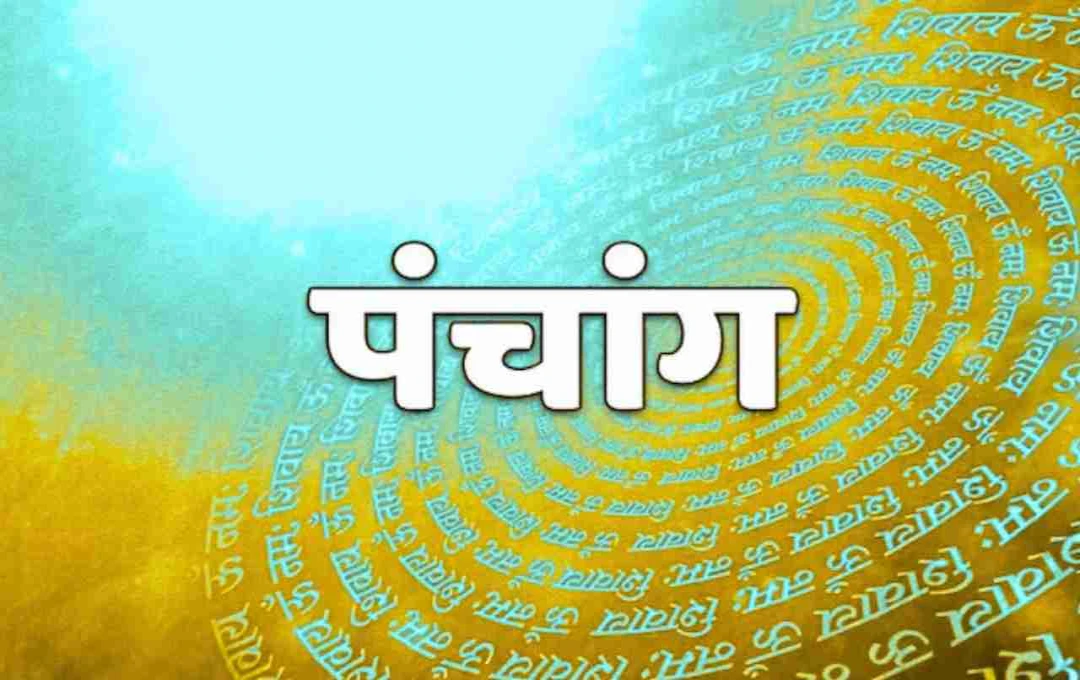Pakistan targeted India by raising the Kashmir issue as soon as it received the UNSC presidency. India called it a bilateral matter. This attempt by Pakistan doesn't seem to be succeeding due to a lack of global support.
India-PAK: Pakistan has received the presidency of the United Nations Security Council (UNSC) for July 2025. This presidency is distributed among the 15 members of the council on a rotational basis, which includes five permanent and ten non-permanent members. This time, Pakistan has been given this responsibility according to alphabetical order. As soon as it took over the presidency, Pakistan once again opened a front against India and attempted to raise the Kashmir issue on the international stage.
What the Pakistani Ambassador said
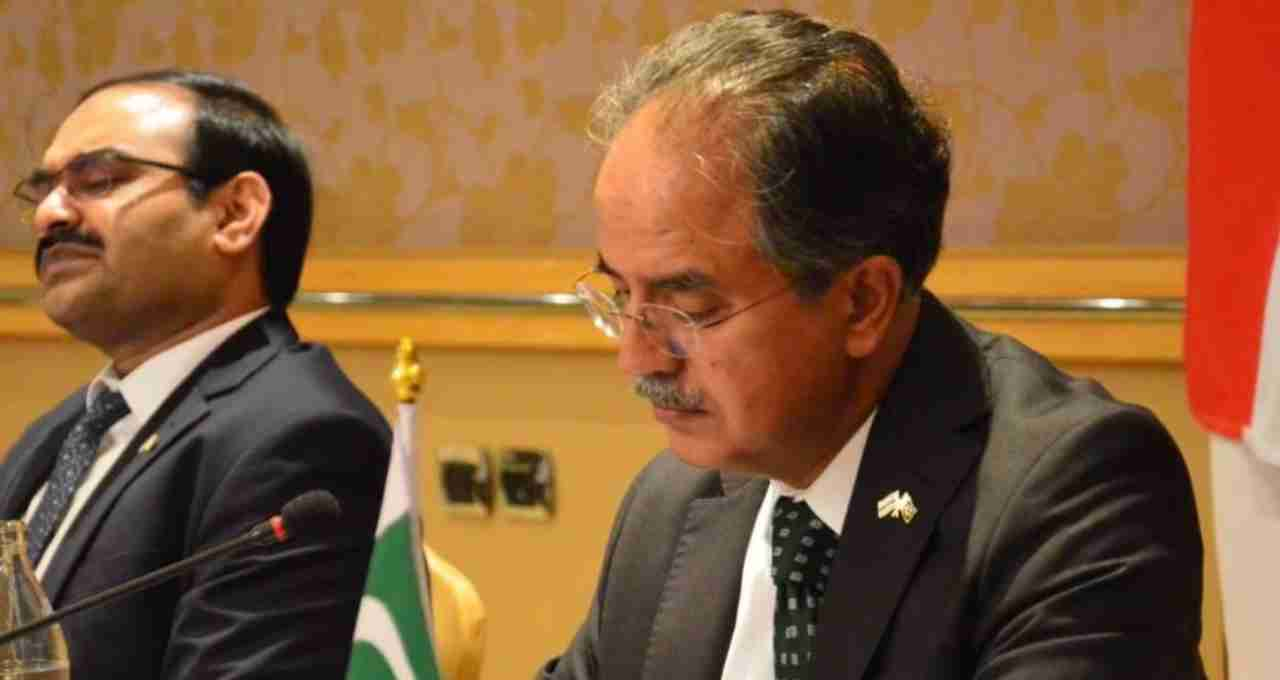
Pakistan's Permanent Representative to the United Nations, Asim Iftikhar Ahmad, addressing the press on Tuesday, said that Kashmir is an issue of serious tension between India and Pakistan. He appealed to the UNSC to take steps to resolve this issue. Asim Iftikhar said that it is not just Pakistan's responsibility but also the responsibility of the Security Council and especially its permanent members to pay attention to this and find a solution according to the resolutions of the United Nations.
Unsuccessful attempt to internationalize against India
Pakistan has been trying to raise the Kashmir issue on international forums against India for a long time. But India has always made it clear that Kashmir is its internal matter and no external interference can be allowed on it. India says that there is only one issue that can be discussed with Pakistan, and that is the return of Pakistan-occupied Kashmir (PoK) to India.
Background of the Shimla Agreement and the decision to cancel it
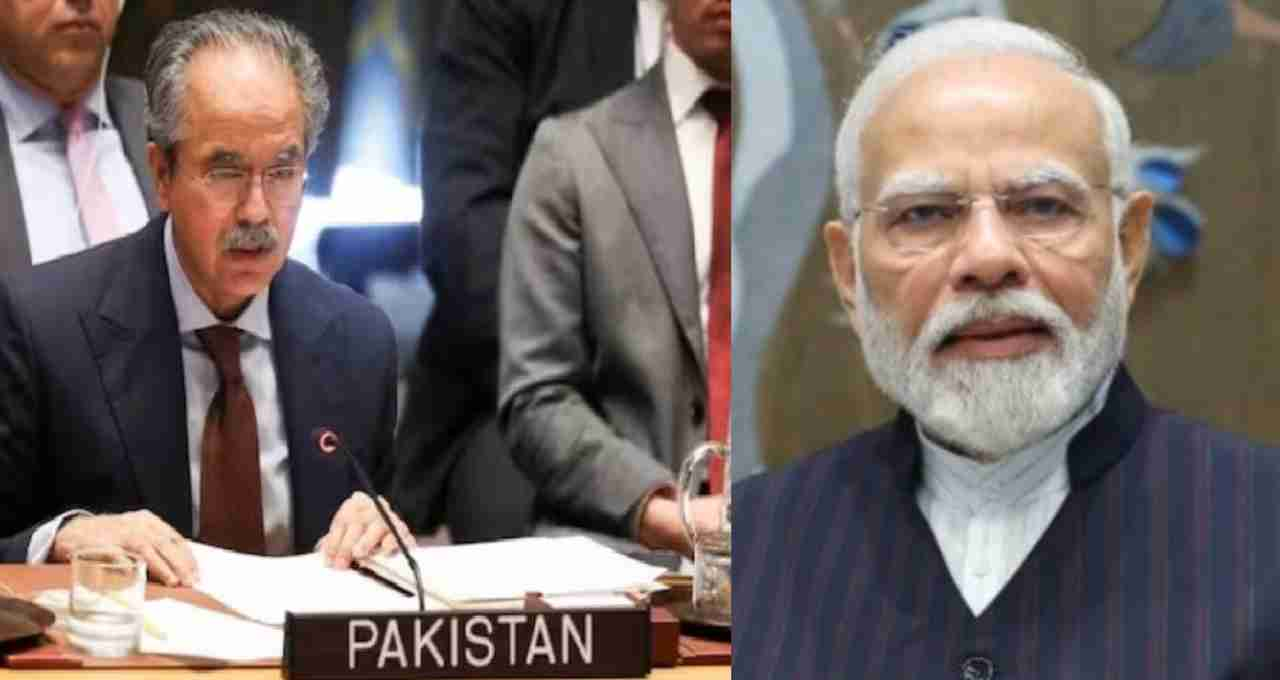
On April 22, 26 people were killed in an attack by Pakistan-backed terrorists in Pahalgam, Jammu and Kashmir. In response, India took a strict stance against Pakistan, suspended the Indus Waters Treaty, and launched Operation Sindoor against the terrorists. After this action, limited conflict took place between India and Pakistan for four days. Pakistan suffered heavy losses in this conflict. After this, Pakistan, in a fit of rage, canceled the Shimla Agreement.
The Shimla Agreement was signed between India and Pakistan in 1972, in which it was decided that both countries would resolve mutual issues bilaterally and no third party would have the right to interfere in it. Pakistan is now trying to make Kashmir an international issue by using the cancellation of this agreement as a basis.
Limited role of the United Nations
However, this attempt by Pakistan does not seem to be getting much support at the international level. Powerful countries like the United States and Russia are close to India and they are not taking this demand of Pakistan seriously. The current role and influence of the United Nations Security Council are also becoming limited, reducing the chances of Pakistan's efforts gaining more momentum.
